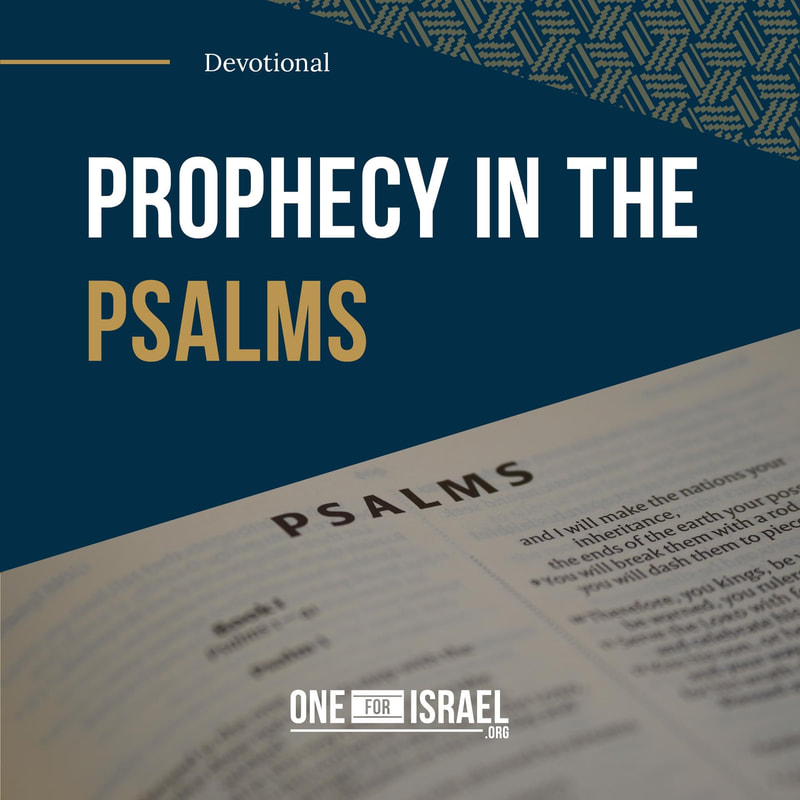"And we preach to you
the
good news
of the
promise made to the fathers,
that
God has
fulfilled this promise
to our children in that
He raised up Jesus,
as it is also written in the
second Psalm,
‘You are My Son;
Today I have begotten You
(Acts 13:32-33).
I have often heard Psalm 2:7 being used to support the doctrine of eternal generation, i.e., that the Father brought forth (begot)
the
Son of God in eternity past.
This doctrine, while not saying the Son of God actually had a beginning
(a time when he did not exist),
in my opinion, it comes awfully close.
Whether or not this doctrine is correct, however,
Psalm 2:7 cannot refer to eternal generation in its original context.
In Psalm 2,
the Psalmist speaks about
a rebellion against
the
LORD and his Messiah
(Ps 2:1-3),
and implies a period of suffering on the Messiah's part until the rebellion is finally squelched (see, for example, Pss 3; 13; 22; 69; 110).
In Psalm 2:4-9, the LORD and
his Son
(the Messiah)
respond to the rebellion by discussing among themselves
Messiah's future reign and the overthrow of all his enemies.
"Today" in Psalm 2:7 ("today I have begotten you")
refers to that day when God establishes
Messiah's rule
(coronation)
over the rebels
The context is clear:
"Today"
does not and cannot
refer to the literal day
of
Messiah's birth,
but rather, marks
the
beginning of Messiah's reign.
Paul's use of this verse in Acts 13:32-33 is incredibly sensitive to the original context. Paul identifies "today" as the day when
God raised Yeshua from the dead,
marking the beginning of
his rule and a token of
Yeshua's ultimate victory
over all spiritual and
earthly opposition.
Jesus' resurrection ("today") offers complete certainty that "tomorrow" (one day in the near future)
Jesus will reign upon
David's throne from Zion
(see Pss 110; 132).
"But of the Son he says,
'Your throne, O God, is forever and ever,
the scepter of uprightness is
the scepter of your kingdom.
You have loved
righteousness and
hated wickedness;
therefore God, your God,
has anointed you with the oil of gladness
beyond your companions.'
And,
'You, Lord,
laid the foundation of the earth
in the beginning,
and the heavens are the work of your hands; they will perish,
but you remain;
they will all wear out like a garment, like a robe you will roll them up,
like a garment they will be changed.
But you are the same, and your years will have no end'"
(Heb 1:8-12; ESV).

 RSS Feed
RSS Feed
























































